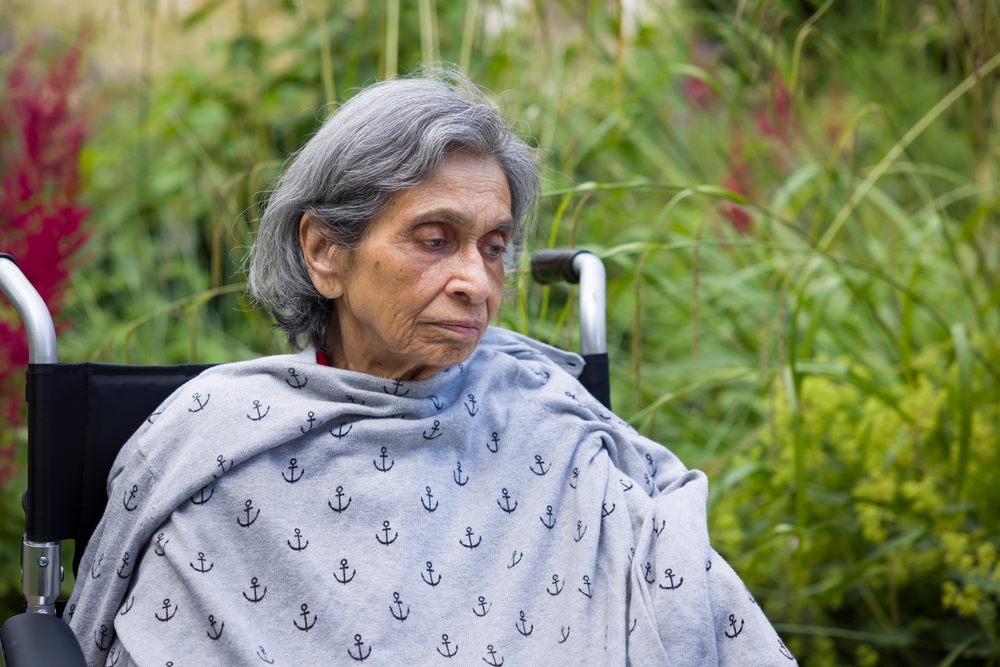Most people assume nursing homes are well-qualified to care for their loved ones. After all, they sure cost an arm and leg. But for that amount of money, the care is often abysmal. Nursing homes are often cited for abuse and neglect issues.
Knowing that your loved one is not being properly cared for can be a devastating situation for families. When this happens, you likely want to know what you can do and what legal rights you have.
Nursing home abuse and neglect are crimes. By filing a nursing home lawsuit, you can seek the justice and compensation your family deserves. On average, nursing home lawsuits are worth around $400,000, but some families have received $1 million or more. Here is what you need to know.
Steps to Take
If you suspect that your loved one has been neglected in a nursing home, here are some steps you should take:
Be informed. Educate yourself about the rights of nursing home residents and the standards of care required by law.
Document everything. Keep detailed records of the neglect, including dates, times, and descriptions of incidents. Also, be sure to gather any physical evidence, such as photos or medical records.
Remove the resident. If possible and necessary, move the resident to a safer facility to prevent further harm.
Report the neglect. File complaints with the nursing home administration, state health department, and CMS.
Consult an attorney. Seek legal advice from an attorney experienced in nursing home neglect cases to explore your legal options.
What Legal Options Do I Have?
Legal remedies for nursing home neglect can involve several steps and may include both civil and criminal actions. Here are the primary legal remedies available:
Filing a complaint with regulatory agencies. Every state has a health department responsible for regulating nursing homes. Filing a complaint can trigger an investigation and possibly result in fines, sanctions, or corrective actions against the facility. For facilities receiving federal funds, complaints can be filed with the Centers for Medicare & Medicaid Services (CMS), which can impose penalties and enforce compliance with federal regulations.
Administrative Actions. Regulatory bodies can revoke the licenses of nursing homes or individual caregivers found to be neglectful. Nursing homes can be fined for regulatory violations that lead to neglect.
Civil lawsuits. Residents or their families can file personal injury lawsuits against the nursing home for negligence. These lawsuits can seek compensation for medical expenses, pain and suffering, emotional distress, and other related damages. If neglect results in the death of a resident, families can file wrongful death lawsuits seeking compensation for the loss of their loved one. If the nursing home fails to meet the standards outlined in the contract with the resident, a breach of contract lawsuit can be filed.
Class action lawsuits. In cases where multiple residents are affected by systemic neglect or abuse, a class action lawsuit may be filed. This allows a group of plaintiffs to sue the nursing home together.
Criminal prosecution. In severe cases of neglect that result in significant harm or death, criminal charges may be filed against the nursing home staff or administrators. Charges can include neglect, abuse, and manslaughter.
Alternative dispute resolution. There are other ways to resolve an issue without going to court. One is mediation. This involves a neutral third party helping the resident and the nursing home reach a settlement. Some contracts require arbitration instead of court litigation. This process involves an arbitrator making a binding decision on the case.
Advocacy and support services. Another way to make a complaint without filing a lawsuit is to consider an ombudsman program. Long-term care ombudsmen can advocate for residents, investigate complaints, and help resolve issues with the nursing home. Legal aid organizations can also be helpful. These organizations can provide legal assistance and representation to residents and families dealing with neglect issues.
How a Lawsuit Can Help
Taking legal action is the best way to deal with nursing home abuse and neglect. With the right legal help, you and your loved one can receive compensation for the damages that have occurred, as well as get justice against the nursing home and other liable parties.
In one elder abuse case in California, the plaintiffs were awarded just under $31 million. A jury handed down the verdict against Plum Healthcare Group in Sacramento Superior Court in early 2023. The nursing facility was accused of a "profit-at-all-costs" attitude, causing it to harm seniors in its care.
The case was brought about by the family of a man who was a professor for more than 30 years at California State University, Sacramento. The man also served as a military veteran and a civil rights activist. The man was a resident at Pine Creek Care Center in 2017 for only two weeks when he developed two pressure sores on his heel. One was a Stage IV pressure sore that went all the way down to the bone. He lived with that sore until he died in March 2018.
According to the lawsuit, Pine Creek was severely understaffed as a way to increase profits. This led to the man’s neglect and eventual death. The lawsuit alleged that Plum Healthcare was more concerned with impressing investors than saving lives. It was also determined that the nurses who did work at Pine Creek were not supervised or trained. The jury felt the same way. The verdict was handed down in favor of the plaintiffs. The total was $5.9 million in compensatory damages and $25 million in punitive damages.
Contact Newman Law Group Today
Nursing home neglect is a serious issue that can lead to devastating long-term injuries and even death. If your loved one has been a victim, you need to understand the legal remedies that are available to you.
Seek legal help from the professionals at Newman Law Group, LLP. Learning that an elderly person you love is being abused can cause a great deal of shock, confusion, and stress. We have more than 30 years of experience, during which time we have accumulated extensive knowledge and skill in handling such cases. Whatever questions you may have, we have the resources to provide answers. Schedule a consultation with our office today to learn more. Call (916) 352-3181 or fill out the online form.





